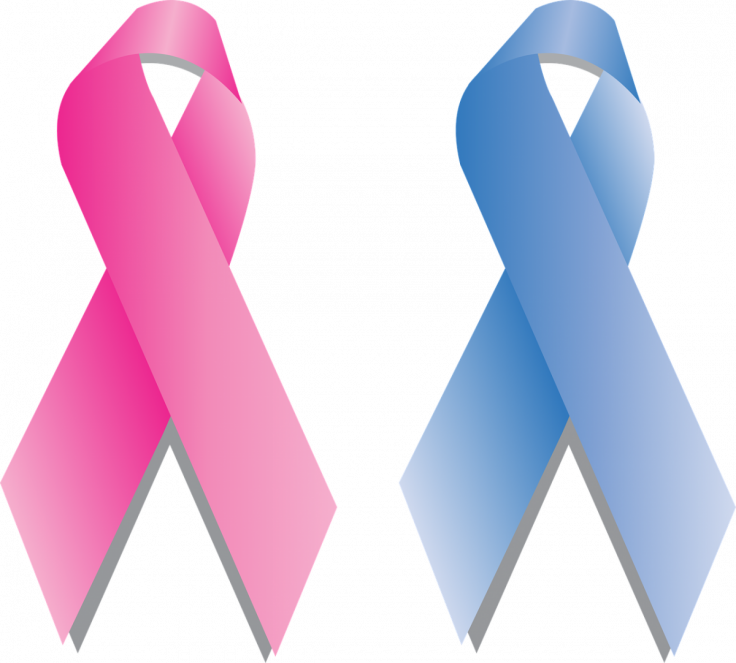
People living with cancer are more than twice as likely to die of a stroke, compared to the general population say, researchers, adding that the risk increases with time. Cancers of the breast, prostate or colorectum were the type most commonly associated with fatal stroke, said the study published in the journal Nature Communications.
According to the researchers, previous research has shown that most cancer patients aren't going to die of their cancer, they are going to die of something else.
"A stroke is one possibility. Our findings suggest that patients may benefit from a screening program to help prevent some of these early deaths from stroke, as well as help identify which patients we could target with those preventative efforts," said study researcher Nicholas Zaorsky, Assistant Professor at Penn State University in the US.
For the findings, the researchers used data gathered from the National Cancer Institute's Surveillance, Epidemiology and End Results (SEER) programme. SEER includes data about cancer incidence, survival, treatment and age and year of diagnosis, and covers 28 per cent of the US population.
They used SEER data on more than 7.2 million patients who had been diagnosed with invasive cancer -- cancer that has spread beyond the tissue in which it originally developed -- between 1992 and 2015. The researchers found that out of 7,529,481 cancer patients, 80,513 died of a stroke.
Males and females had equal chances of dying from a stroke, but those diagnosed with cancer at a younger age had a higher chance of a fatal stroke. Additionally, they found that among those diagnosed with cancer before they turned 40, most strokes occurred in people treated for brain tumours and lymphomas.
In patients diagnosed with cancer above the age of 40, fatal strokes were most commonly associated with cancer of the prostate, breast and colorectum. One explanation for the increased risk could be that many people who are diagnosed with cancer are in a 'prothrombotic' state, which means they are more likely to form a blood clot, Zaorsky said.
"That blood clot may then go to the lungs and cause a pulmonary embolism, for example, or cause a stroke if it goes to the brain," Zaorsky added.
The researchers added that future studies could help pinpoint mechanisms and further establish the relationship between cancer and strokes.









